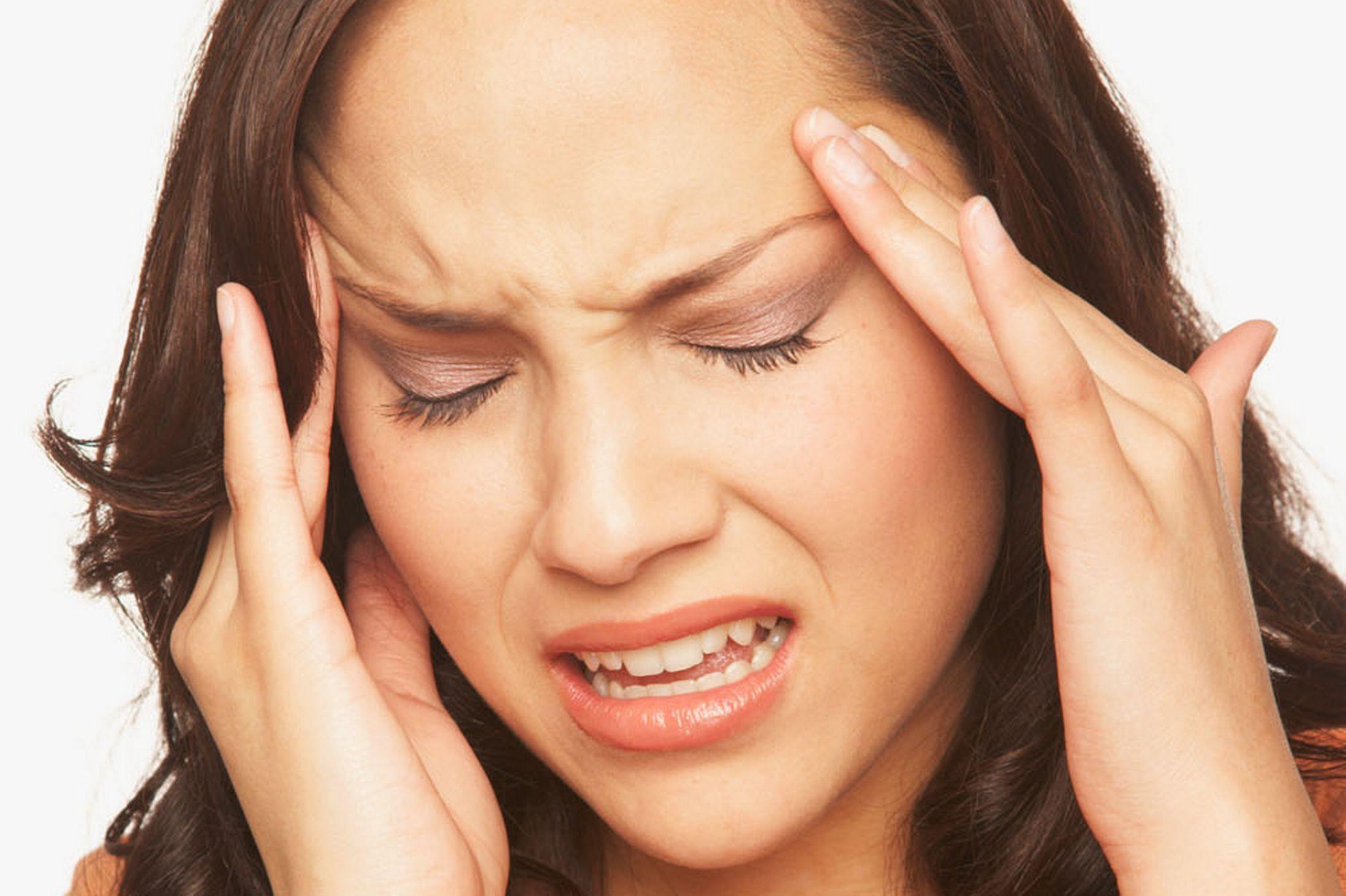
Treatment for Various Headaches
Many people treat a headache in the wrong way by taking a specific brand of painkiller such as acetaminophen or aspirin for all headaches. It is the wrong approach especially if you are experiencing frequent headaches.
Intervention by a doctor is necessary as these types of headaches require different treatments.
Tension-Type Headaches
These are the most common types headaches characterized by pain on the regions under the eyes, lower back, neck and other muscle groups. They affect both sides of the head.
The pain can radiate from the lower back of the head, the neck, eyes, or other muscle groups in the body typically affecting both sides of the head.
Over the counter prescription medicine such as Ibuprofen, aspirin or Acetaminophen help in relieving the pain. A physician may prescribe daily medications including tricyclic antidepressants for management of tension-type headaches.
Combining medication with these behavioral therapies increases its effectiveness.
- Massage and moderate, gentle neck stretches
- Heat therapy (warm shower or compression)
- Biofeedback
- Meditation
- Relaxation training
- Cognitive behavioral therapy
Migraines
Moderate to severe recurrent headache affecting one or both sides of the head that lasts for a few hours but sometimes 2-3 days is untreated. Migraines mostly occur in women.
Treatment
Determining the triggers to lessen or prevent migraines by learning to manage or avoid the triggers is the main approach to treatment.
Other treatments for relieving the symptoms are:
- Resting in a dark, quiet room
- Massage
- Compresses (hot or cold) to the head or the neck
- Over the counter medications such as aspirin, acetaminophen, and ibuprofen
- Prescription medications including triptans such zolmitriptan(zolmig) or sumatriptan(Imitrex).
- Preventive medications like propranolol, tartrate, topiramate, or amitriptyline.
- Transcranial magnetic stimulation (a therapy using electrical currents for stimulating brain nerve cells) for migraines with aura
Chronic Tension Headaches
Chronic headaches are those occurring 15 or more days sometimes daily in a month that are more like migraines.
Nursing Writing Services offers the Best Coursework Writing Services online. We stand firm by our commitement to deliver your work on time.
Treatment
The treatment aims at prevention. Tricyclic antidepressants help in preventing future attacks. A physician will examine for any underlying condition or diseases as treating them will stop the frequent chronic headaches.
Cluster Headaches
Headaches are occurring on and off for weeks at a particular time after a few months. They mostly affect men and smoker causing pain around one eye for a few hours. Sometimes they can last 2-3 days without if there is no treatment.
Treatment
The intensity of cluster headaches increases by the minute thus procedures should be fast acting.
- Prescription triptan nasal sprays to relieve stuffy and runny nose
- Injectable medications like sumatriptan to provide quick relief during an attack
- Oxygen therapy whereby the physician administers pure oxygen through a mask
- Preventive medicines like verapamil to deter future attacks
Thunderclap Headaches
A severe sudden headache that does not build up build up in intensity gradually. It is intense and painful from the beginning which could be assign of another life-threatening condition such as bleeding in the brain or other emergency problems thus it is essential to seek an immediate medical examination.
Treatment
If the doctor rules out medical emergency, a prescription of analgesics could be the next course by physician although it is challenging since most people do not respond well to pain relievers. Sometimes high blood treatment drugs, calcium-channel blockers can help in preventing thunderclap headaches
A Sinus Headache
A sinus headache is a pain in the sinus cavities but within the head usually because of a sinus infection.
Many people confuse the two. The aim of treating a sinus headache is to relieve the symptoms and treat the sinus infection
Treatment
A doctor may suggest treatment of a headache together with underlying sinus by prescribing corticosteroids to ease inflammation in the sinuses and preventive allergy treatment if the cause is an allergy.
You may also take antibiotics, as well as antihistamines or decongestants for a short time. You can also use inhaled nasal decongestants, but only for up to 3 days. Longer use can make your symptoms worse.
Sinus medicine usually contains nasal decongestants or even expectorants to help in reducing pressure. They may also contain ibuprofen or acetaminophen for pain relief. The prescription should be for a short time to prevent worsening of the problem of a headache for overuse of medication. Inhaled nasal decongestants or home remedies such as passing a hot washcloth over the nose and eyes helps in warming nasal decongestants and loosening secretions.
Alternating warm and cold compresses help in relieving sinus pressure and pain. Start by placing a hot washcloth or towel across the sinuses for around three minutes. Other home remedies are drinking more warm fluids, saltwater nasal spray or humidifier.
Medication -overuse headaches
Overuse of pain relievers is the of medical-overuse headaches. Taking pain medication severally per month increases the risk of medication overuse.
The treatment is to discontinue the pain relieving medicines that cause a headache. A doctor may also use bridge therapy to help in controlling pain that the medication has been easing.
When treating a headache, it is essential to know the type and cause to get the best remedy.

